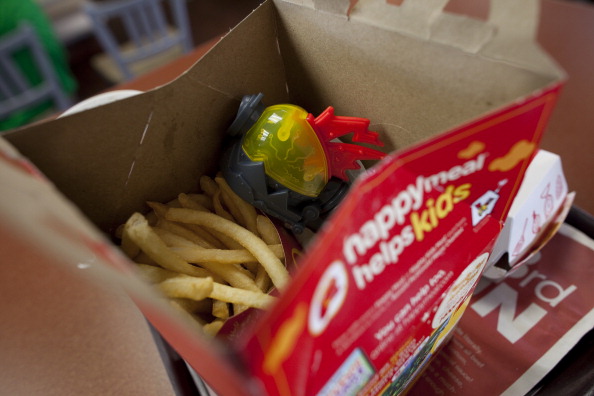
The New York City Council has just introduced a new bill called the Healthy Happy Meals.
In an effort to curb or reduce childhood obesity, the city is creating a policy that sets terms and conditions for any "happy meal," which is a child meal that comes with a promo item like a toy. This meal is often provided by fast food restaurants such as McDonald's and Burger King.
In the said bill, bundled kiddie meals must have no more than 500 calories with reduced sodium and fat. Further, they should be accompanied by healthy food such as whole grains, vegetables, and fruits.
The bill is in relation to a study conducted by a research team in NYU Langone Medical Center in the state, with Marie Bragg as the senior author.
For the study, the researchers worked with 422 children and 358 adults, such as parents, who purchased happy meals between 2013 and 2014. These purchases were made in various locations of Wendy's, Burger King, and McDonald's in New York and New Jersey. Adults would step out of these restaurants, hand their receipts to the researchers, and answer a survey.
Upon analysis, the team found out that the average child consumer is 7 years old. A typical happy meal, meanwhile, has a total calorie of 600, with more than 35% of it composed of fat and around 869 mg of sodium. Of all the combination meals eaten by these children, 98% of them didn't meet the nutrition criteria. Calories, sodium, and fat are at least 51% more than what's proposed. Around 49% have a lot of sugar while 14% contain saturated fat.
If the policy is implemented, it will result to a reduction of 9% in total calories for combination meals. Sodium and fat will also decrease by 10% respectively.
The study is published in American Journal of Preventive Medicine.
According to the State of Obesity, childhood obesity in the state has been declining. At least 14.3% of children from 2 to 4 years old and belonging to low-income families were considered obese in 2011.
